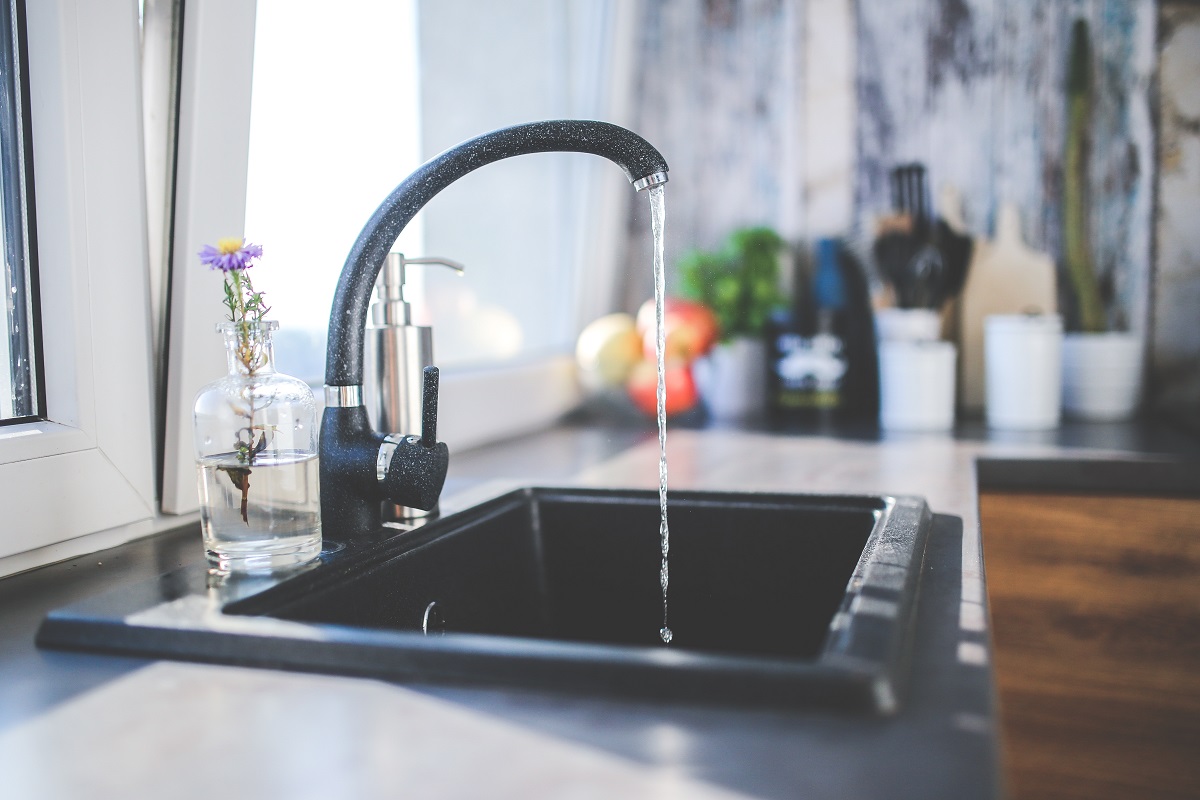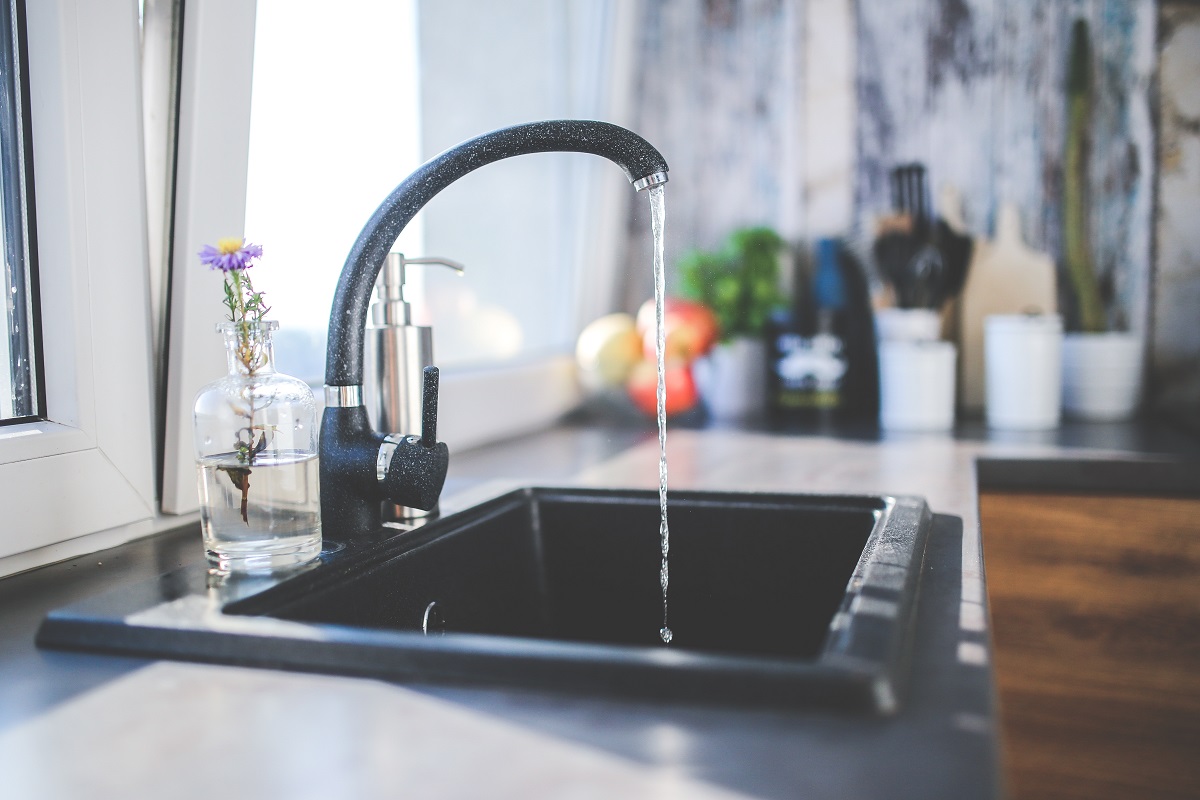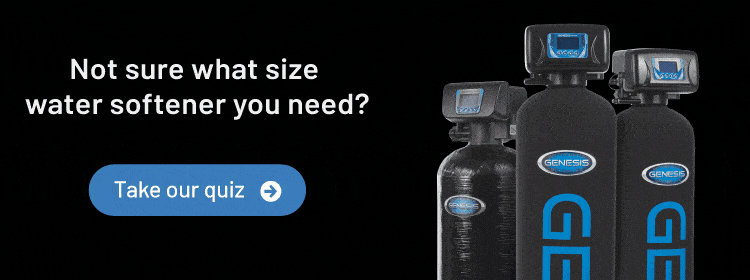Water Softener vs. Water Filter: Which One Do I Need?
Posted by Discount Water Softeners on Apr 7th 2022
Water and its management have forever been a topic of conversation and discussion. All of us are affected by issues related to water. You may not think about what makes it good or bad, but when you lift your glass to your mouth and can smell or taste it, there’s a question of whether your water can be improved. Who doesn’t want to achieve clean water with a perfect balance of clarity, taste, smell, and safety? When something is off with our municipal or well-water supply, it impacts how we experience the life-sustaining resource we consume each day.

On the path to better drinking water, there is often uncertainty regarding the type of filtration your home needs. Will it require a whole house filtration system for specific contaminants? Do you need a water softener to get rid of hard water minerals? Is the water filter you currently use to drink and cook with doing its job? What’s in the water that flows throughout your home and how can you make it better?
Your Water Experience
What factors contribute to the way you feel about the water inside your home? Taste, odor, clarity, and safety are integral to what makes water “good” or “bad.” These factors also help to determine what type of filtration your home needs.
Tap water should be tasteless and odorless. If you detect a change in the taste or smell of your water, it can be concerning. There are numerous causes for an unpleasant taste or foul odor in your home’s water. This can happen to both city and well water, and the most common are that of rotten eggs, chlorine, or sewage.
Hydrogen sulfide gas is the main culprit of a rotten egg taste or smell. This gas is a naturally occurring result of decay and chemical reactions with soil and rocks. When it comes to a sewage-like odor in household water, that is likely a product of bacteria that grows inside drainpipes, producing gases that arise when the faucet is turned on. Additionally, if you can smell or taste chlorine in your water, it’s usually left over from the municipal treatment process that disinfects your water. While somewhat offensive, it isn’t necessarily harmful to your health.
Poor water clarity can be indication of a high mineral content or harmful toxins. It can also be an embarrassment when your water leaves behind orange or reddish staining caused by high iron content (common in well water systems) in your sinks, drains, and toilets. While murky water can be a nuisance, at times, it can also mean you have unseen contamination problems that may be damaging to your health and water-using appliances.
If you already have a filtration system in place, a sudden change in your water can alert you to a failing filtration device. But high levels of dangerous contaminants like arsenic, lead, and nitrates, aren’t detectable to your senses. The only way to know whether your filter is doing its job is to test your water periodically.
Our Water, Our Health
Safe drinking water is something that most Americans take for granted. We think of countries where water is scarce and highly contaminated, and feel fortunate that we can simply turn on the faucet and retrieve healthful water. But do we really know what may be lurking within?
Over the last decade, more and more reports have shown that our well and city water is not always safe for consumption. Recent findings have shown that municipal facilities are still generating unsatisfactory water, causing water-related illnesses in homeowners across the U.S.
Water that comes from municipal treatment plants, while mainly considered “clean,” should not be the only source of prevention against carcinogens. Many municipal systems, while not in violation of any health-related drinking water standards, still have weaknesses. These weaknesses are often in regard to the rules themselves.
For example, some fairly common contaminants are not federally regulated, so there would be no violation of EPA standards if found in your home’s water. Also, rules for how often water is monitored may allow spikes in contaminants between testing to go undetected.
Each day, the average American family uses over 300 gallons of water. The quality of this water is something all homeowners should examine to ascertain whether it’s safe for their family. When faced with a water dilemma, you may turn to bottled water. While this is a useful short-term source of drinking water in an emergency, it isn’t a permanent solution, and isn’t necessarily cleaner or safer than tap water.
What Do Water Filters Remove?
What do water filters remove from your water and what kind do you need to keep your tap water safe? Water filter is a general term for any device that removes unwanted materials from your water. Given that all water is different, and its makeup is variable from home to home, your filtration needs may differ from your friends and neighbors.
The best way to healthy water is through use of a whole house filtration system. Ideally, whole house filtration systems like the Genesis Optima, will utilize catalytic carbon and KDF 85 media for the easiest removal of chlorine or chloramines from your city water. The Genesis Optima is one of the most advanced, simple-to-use, high-flow/up-flow systems, requiring NO backwash. Catalytic carbon filtration systems are specifically designed not just for the removal of chlorine and chloramine, they also filter other chemicals, pesticides, and heavy metals, along with bad tastes and odors.
Water softeners are also considered water filters, but what do water softeners remove exactly? A water softener filters specific minerals and contaminants, such as calcium and magnesium. These are considered hard minerals. High levels of these minerals will make household chores difficult and leave spots on your glassware. When your home has hard water, a high efficiency water softener like the Genesis Water Softener will easily remove the hard minerals that cause clogged pipes and mineral build-up on appliances.
Water is our most precious resource, and its safety should never be compromised by pollutants. You have plenty of options when it comes to water filtration; tailoring a system to your home’s water is key. The effectiveness of a whole home water filtration device can vary widely depending on the system’s filtering capabilities; choosing the correct one will give you what your home and family needs—clean, pure, healthy water.


